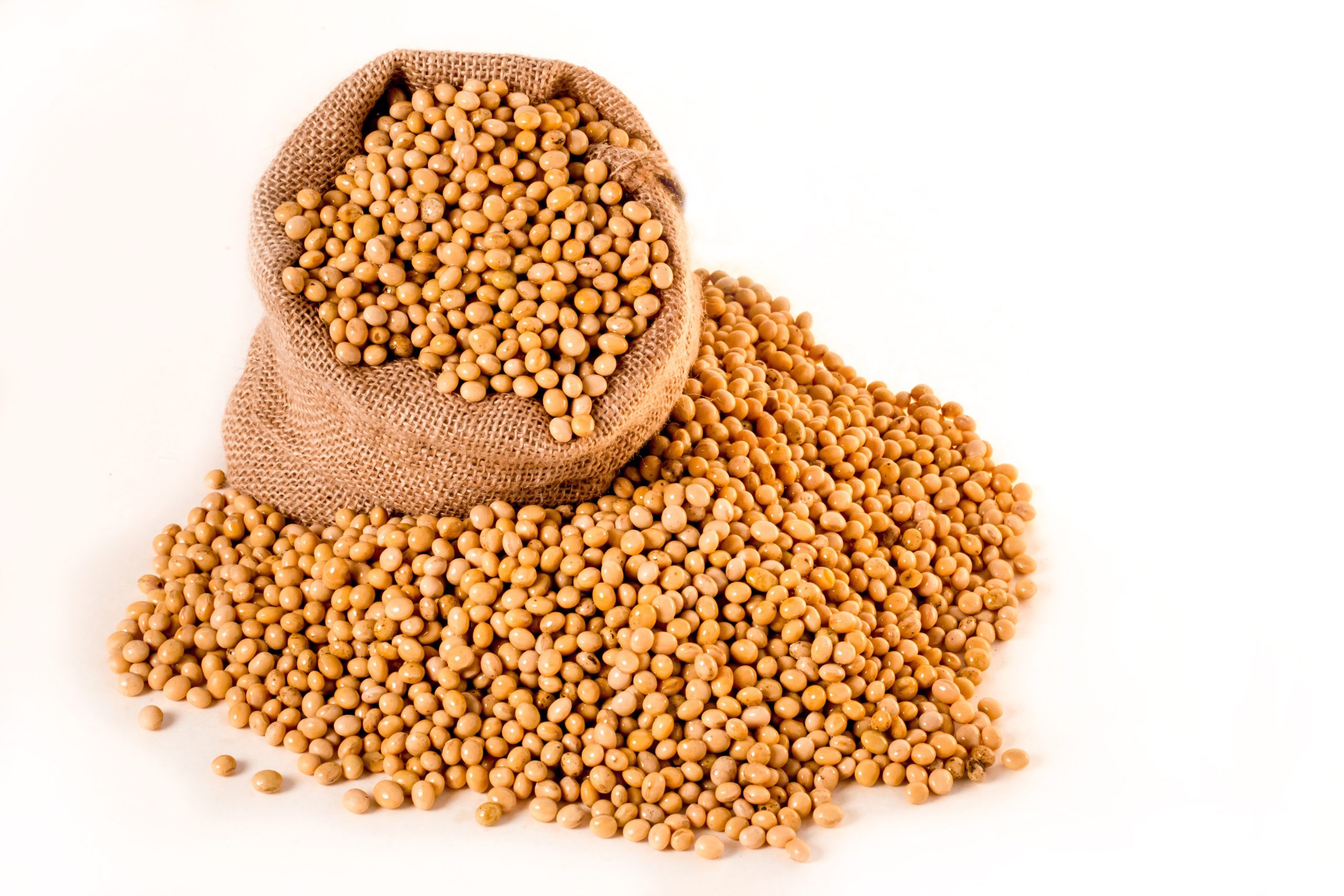Kansas soybean yield, value contest results announced

Despite environmental challenges testing farmers throughout the 2023 crop season, the Kansas Soybean Yield Contest had a strong showing in entries with 40 participants—up 15 entries from the 2022 contest. The most recent iteration of the contest attracted several first-time entrants and brought back many familiar participants to make fierce competition for the top honors.
The highest-yielding entry of the 2023 contest came from Inman farmer Brett Froese. The Pioneer 42A84E soybeans yielded 104.2 bushels per acre and were entered in the statewide no-till irrigated division of the contest.
Bringing home the prize for having the highest dryland yield is Batchelder Farms of Highland with 101.3 bushel-per-acre soybeans. The Xitavo X03922E soybeans were entered in the north-northeast conventional-till division of the yield contest.
Chad Neill of Effingham claimed top prize in the statewide value contest by entering soybeans with a premium of $1.27 over cash value, as calculated by AGP. Neill entered Pioneer 39A45X soybeans to earn first place.
In the north-northeast conventional-till dryland category, Gary Diveley, Severance, placed second with 91.4 bushel-per-acre soybeans followed by Jesse Clark, Robinson, in third place with 90.8 bushels per acre.
In the north-northeast no-till dryland category, first place went to Johnson Ag Inc., Bendena, with an entry of 88 bushels per acre. Second place went to Paul C. Johnson, Bendena, at 85.1 bushels per acre, and Alex Noll, Winchester, placed third with 80.4 bushel-per-acre soybeans.
In the northeast no-till dryland category, Vering Land and Pork, Marysville, earned first place with 90.7 bushel-per-acre soybeans, followed by Jared Lock, Hiawatha, in second place with 87 bushels per acre. Third place went to Derek Gigstad, Valley Falls, with an entry of 82.8 bushels per acre.
In the north central conventional-till dryland division, Rod Stewart, Washington, took first place with a 62.8 bushel-per-acre crop.
In the north central no-till dryland division, Ryan Stewart, Washington, earned first place with an entry of 62.4 bushels per acre.
In the east central no-till dryland category, first place went to Robert Litch, Melvern, who entered 59.6 bushel-per-acre soybeans. Litch took second in the statewide value contest with a premium of $1.26 over cash value.
In the southeast conventional-till dryland category, first place went to Roger Draeger, Galena, with 79.5 bushels per acre. Second place went to Chris Payne, Buffalo, with 68.6 bushels per acre and Luke Bellar, Mound Valley, placed third with a 65.1 bushel-per-acre entry.
In the southeast no-till dryland category, Dalton Draeger, Galena, received first place with an entry of 73.4 bushels per acre followed by Bradley and Emily McVey, Fredonia, in second place with 69 bushels per acre. Third place went to Jared Nash, Parsons, with a 51.9 bushel-per-acre crop.
In the south-central no-till dryland division, Aaron Pauly of Viola took first place with 69.5 bushels-per-acre soybeans followed by Bruce Seiler, Colwich, with 42.1 bushels per acre.
In the statewide no-till irrigated division, George Ensz, Inman, earned second place with 94.4 bushels per acre and Menold Farms, Hiawatha, placed third with 92.3 bushels per acre.
In the statewide conventional-till irrigated division, Doug Mills, Hugoton, took first place with 102.2 bushels per acre and Chad Penner, Inman, took second place with 100.2 bushels per acre. Third place went to Sam Miller, Haven, with an entry of 94.8 bushels per acre.
Roger Johnson, Hoxie, earned third place in the value contest by entering soybeans with a premium of $1.22 over cash value. The value contest analyzes a 20-ounce sample for its value-added qualities and calculates a premium. There were 43 entries in the 2023 contest, up 17 from the 2022 contest participation.
The Kansas Soybean Commission provides monetary awards to finalists each year. The highest dryland and irrigated yields in the state each receive a $1,000 award. In each district and the value contest, first place receives $300, second receives $200, and third receives $100.



